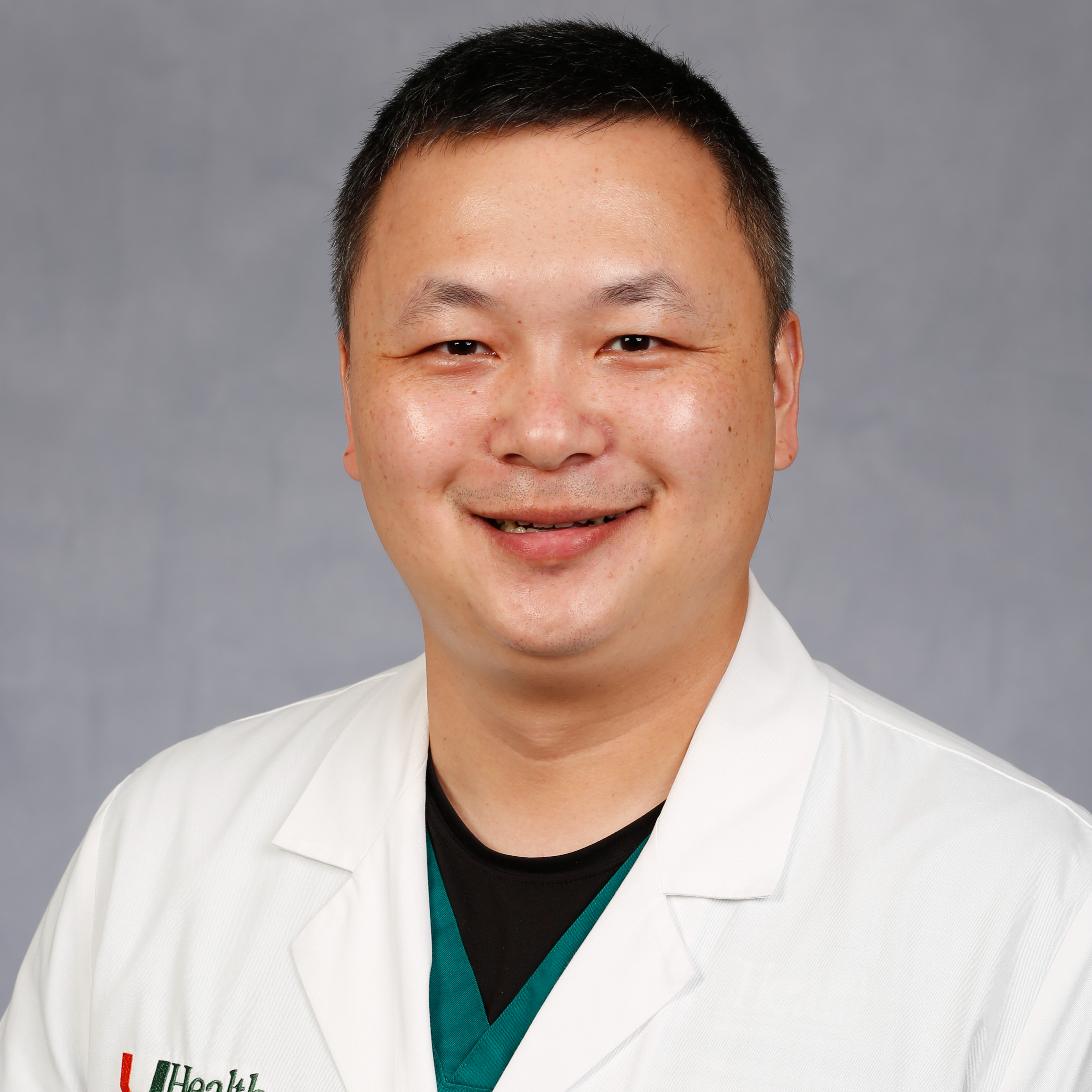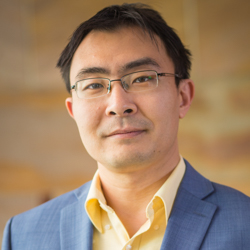Gastric cancer (GC) is a major global health challenge, with poor survival rates and limited effective treatments. While immunotherapy has revolutionized cancer care, its combination with standard chemotherapy has yielded modest responses in GC. However, the low efficacy of this approach lacks a clear molecular explanation. This ASPIRE award will study the role of the kinase WEE1, which is overexpressed and abnormally localized in the cytosol of GC cells, correlating with poor clinical outcomes. Recent findings suggest that the WEE1-STAT3 signaling axis plays a critical role in gastric tumorigenesis and immune suppression. This aberrant expression activates the STAT3 pathway, which may promote immune evasion and an immunosuppressive tumor microenvironment (TME).
The research team will define the molecular role of WEE1-STAT3 signaling in GC progression and evaluate its potential as a therapeutic target. The project will use a novel WEE1 conditional knockout mouse model combined with advanced imaging and cytometry techniques to investigate how WEE1 impacts immune dynamics within the TME. The study will also assess the efficacy of WEE1 inhibition in preclinical models, both alone and in combination with immune checkpoint inhibitors. By analyzing tumor growth, immune cell infiltration, and patient-derived tissue samples, this work aims to establish WEE1 as a critical driver of immune suppression and a promising therapeutic target. If successful, this research could lead to a therapeutic approach that enhances patient outcomes by simultaneously addressing tumor growth and the immunosuppressive TME.








